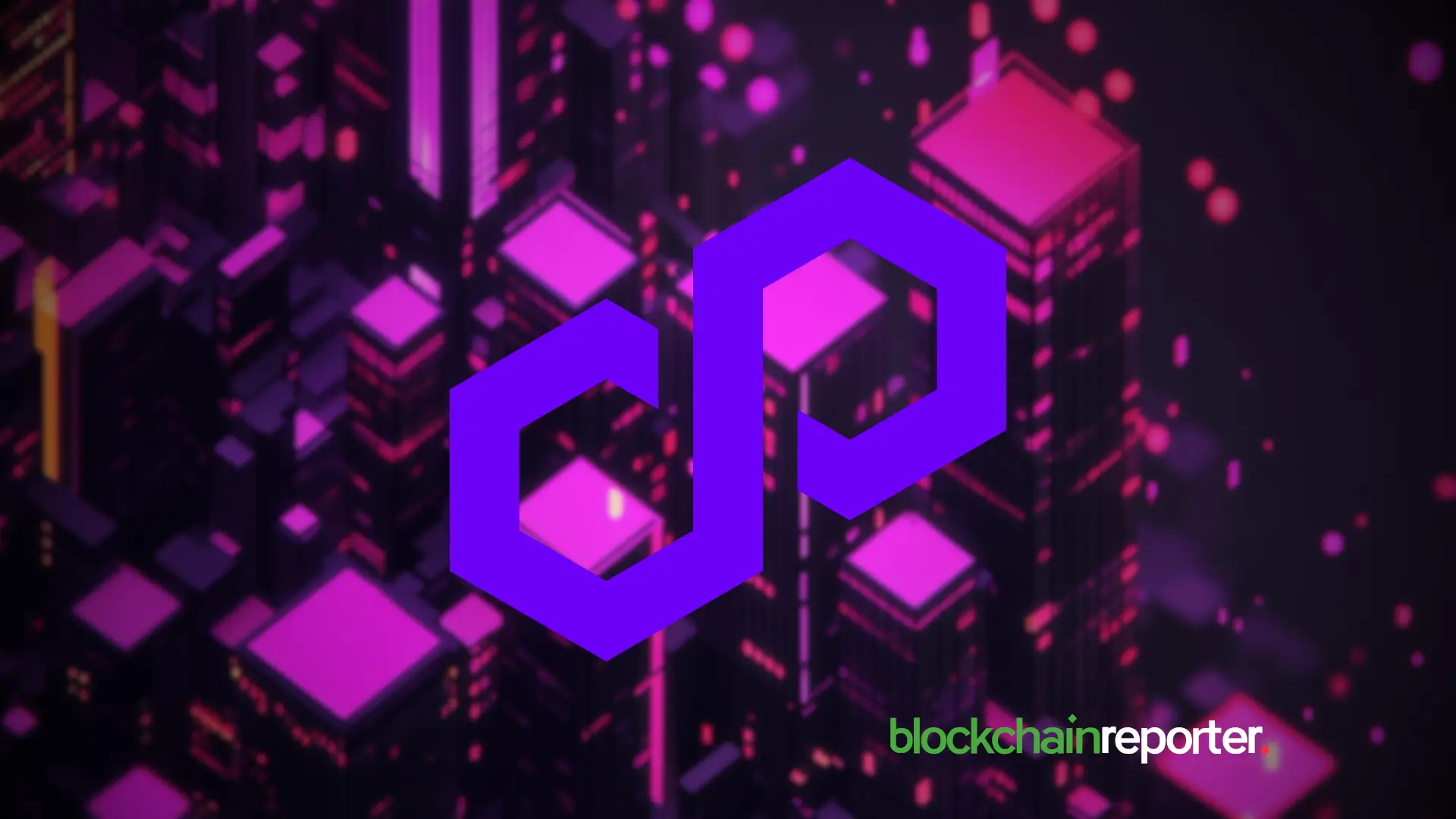Polygon Labs Taps Manifold for Institutional-Grade Market Making



Polygon Labs has teamed up with quantitative investment firm Manifold Trading to bring institutional-grade execution standards to decentralized finance on Polygon, a move the companies say will tighten spreads, provide continuous two-sided liquidity, and make on-chain markets far more attractive to large, institutional capital. The partnership, announced in a Polygon and Manifold release, builds on both firms’ strengths: Polygon’s low-cost, high-velocity infrastructure and Manifold’s data-driven market-making playbook.
The idea is simple but consequential. In traditional finance, dedicated liquidity providers keep markets orderly: they quote both sides of a trade, rebalance across venues and smooth execution when volumes spike. That kind of disciplined liquidity provision has been largely inconsistent in DeFi, where pools can sit idle, liquidity fragments across many decentralized exchanges, and large orders face painful slippage.
Under the new agreement, Manifold will deploy quantitative market-making and on-chain arbitrage strategies across Polygon’s major DEXs and collaborate with emerging protocols to ensure new markets launch with meaningful depth from day one, the partners said, effectively embedding professional liquidity management into Polygon’s on-chain market structure.
The practical benefits are easy to quantify. The partners point to execution economics as a primary advantage: compressing the spread on a $1 million trade from roughly 50 basis points to 5 basis points translates into roughly $4,500 saved in execution costs, a difference that, when applied across billions in trading volume, can move DeFi from a retail playground to an investable venue for institutions. That math underpins the collaboration’s pitch: eliminate unpredictable execution costs and institutions will return to and scale onchain.
For fintechs, neobanks, and firms exploring tokenized payments or real-world assets, the promise is immediate. Polygon and Manifold say the partnership will bring tighter spreads, lower volatility and faster, more predictable settlement across the network, creating the kind of execution environment institutional desks expect. By folding professional market-making directly into the DeFi stack, Polygon aims to make trading onchain feel more like established finance, but with the transparency and composability unique to public blockchains.
From Fragmentation to Flow
Polygon’s timing is no accident. Over the past year, the network has pushed through major infrastructure upgrades intended to support payments and RWA settlement at scale. Heimdall v2 reduced finality times toward the multi-second range, addressing a core requirement for real-time settlement, while the recent Rio hardfork introduced hardened finality and steps designed to eliminate reorg risk and lift throughput toward the thousands of transactions per second promised by Polygon’s roadmap. Those changes have been central to Polygon’s pitch to institutional players: speed, low cost and reliability.
Beyond raw speed, Polygon’s AggLayer strategy seeks to unify cross-chain liquidity under a single interoperable framework, reducing fragmentation that has plagued Web3 for years. By tying professional liquidity provision to a chain built for high throughput and cross-chain composability, Polygon and Manifold are trying to tackle both sides of the problem: make liquidity deeper and make that liquidity easy to route and use across multiple chains and rollups.
Industry observers say the partnership shows a broader shift in DeFi: markets are evolving from speculative experiments into infrastructure that must meet the quality and predictability standards of institutional finance if they hope to attract long-term capital. Polygon’s strategy, pairing aggressive protocol-level upgrades with partnerships that bring off-chain expertise on-chain, is a clear attempt to position the network as the trusted stack for payments, tokenized assets and other real-world use cases.
Polygon Labs, which develops the Polygon Proof-of-Stake network and the AggLayer, has repeatedly framed itself as the payments and RWA-ready blockchain, a narrative reinforced by recent technical milestones and a stream of institutional collaborations. Manifold, for its part, is leaning on quantitative discipline: the firm’s approach is to use data-backed liquidity management and automated execution so that markets remain liquid and pricing stays consistent even as order sizes scale.
That kind of continuous two-sided liquidity and cross-venue rebalancing is precisely the plumbing that large trading desks rely on in traditional markets, and that DeFi has struggled to reproduce at scale. If the partnership delivers, the impact could ripple across the ecosystem. Reduced slippage and tighter spreads make it cheaper for treasury managers, funds and payment processors to move large sums onchain.
Better price continuity and cross-venue efficiency lower the operational barriers for firms looking to tokenise assets or use stablecoins for settlement. In short, professional market-making on a payments-grade chain could be the missing ingredient that finally makes DeFi suitable for institutional flows.
Polygon and Manifold will now begin rolling out their joint work across the network’s decentralized exchanges and with partner protocols. For an industry that has long pointed to liquidity fragmentation as a limiting factor, the tie-up is a concrete step toward turning DeFi’s promise of open, composable finance into an execution environment institutional players can trust.

Bitkub Exchange Lists Falcon Finance FF Token
Bitkub officially lists Falcon Finance's FF token, expanding DeFi access in Southeast Asia's thrivin...

Somnia Network Partners with Lair Finance to Boost Cross-Chain Staking and Gaming Innovation
Recently, Somnia Network joined forces with Lair Finance to advance cross-chain staking and gaming, ...

Latest Crypto News: Litecoin Price Drops, AVAX Consolidates, While MoonBull Ignites as the Top Crypto Presale to Buy Now
Litecoin drops 3.8%, AVAX slides 3.6%, yet MoonBull climbs higher. Analysts say this presale could b...

